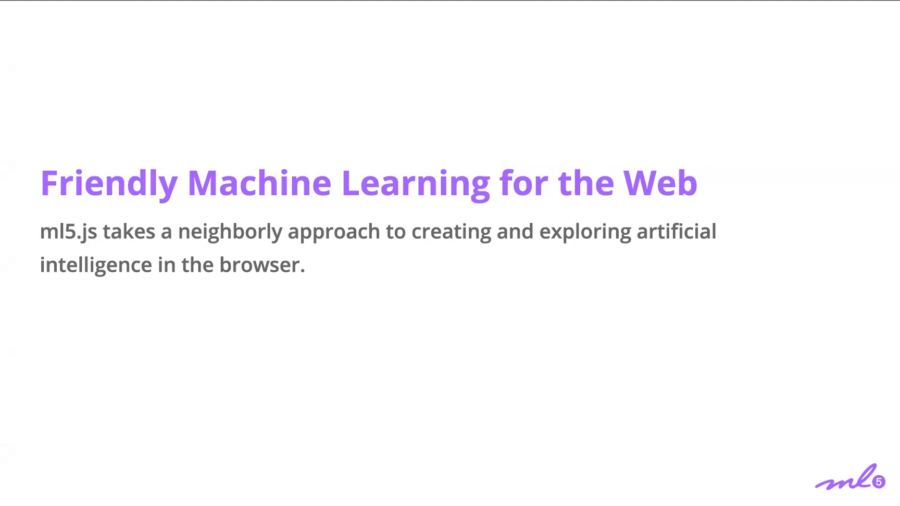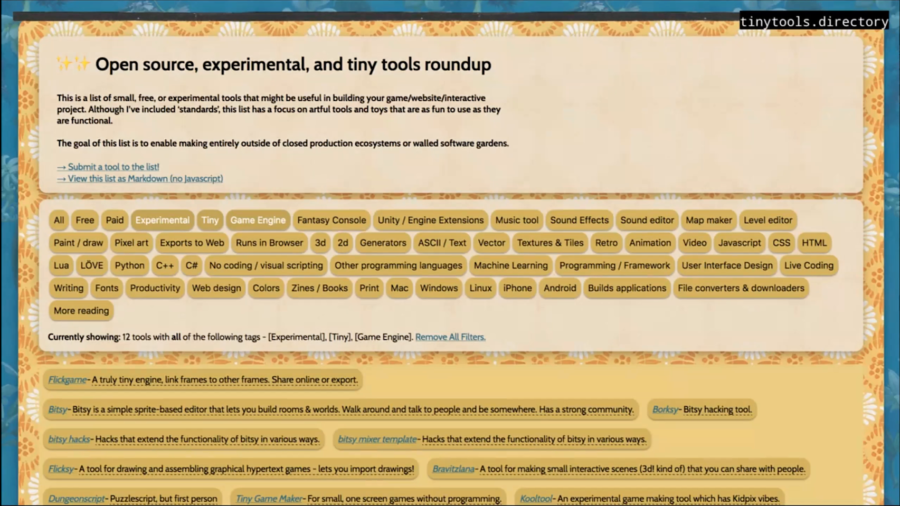I’ve found that identifying ways to be a part of shared collaborative and community projects that produce knowledge or build infrastructure that has been influential and instructive for me has connected me to a lot of really amazing people and ideas. And so, most relevant to this presentation I want to talk about how my more recent work as an open source maintainer has actually helped me learn more about how to be present in communities that are important to me.
Archive (Page 2 of 2)
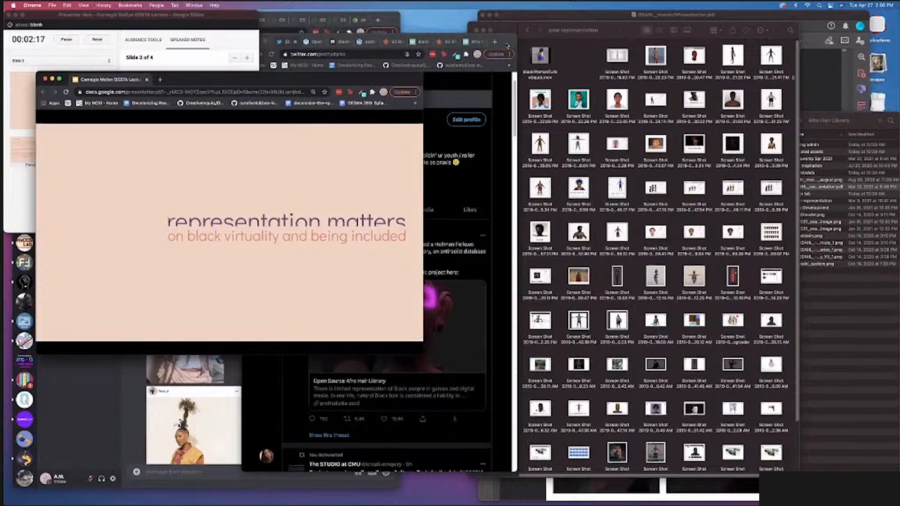
I wanted to talk specifically about visual representation and inclusivity, and really trying to problematize the way that we conceive of inclusivity as an inherent good. This is not a sort of “hashtag representation matters” talk, it is a talk that’s thinking about you know, matters around representation and how to do that in a way that is non-instrumentalizing and non-exploitative.
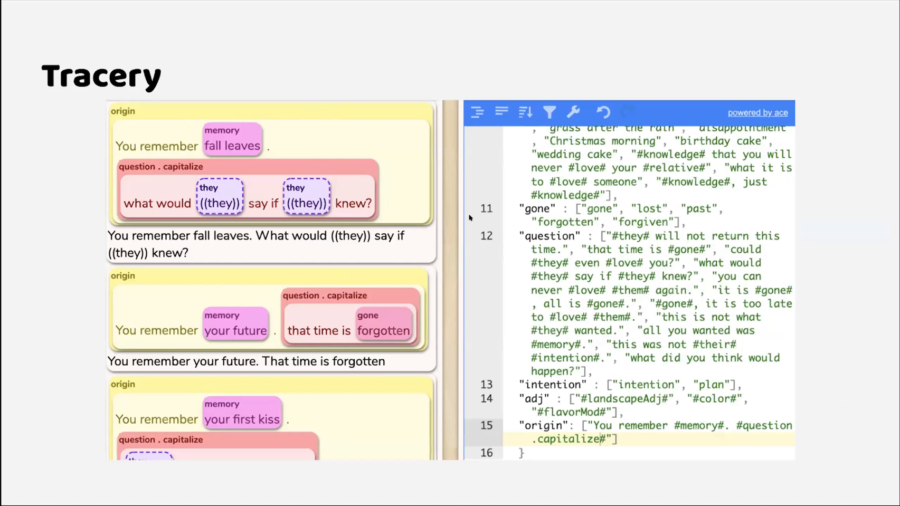
One of the really amazing things about Tracery is that I made it when I had just learned Javascript. It managed to be like, mostly bug-free. But because it’s a very small library and it doesn’t do anything terribly complex, it ended up being able to run largely without me. And so it spawned this massive community that is completely distributed.
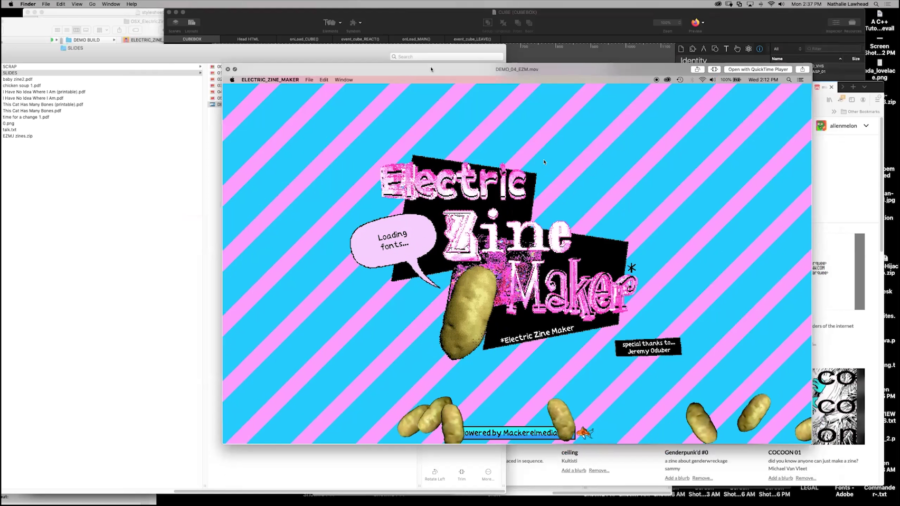
If you do anything generative on computers and don’t know what to do with whatever you just made, turning that into a little tool that people can use to do stuff like tweak values, play around with some visuals, and just export whatever they make goes a long way. Coming from more of a game design angle, it’s easy to overthink interactivity and want to build on the systems in ways that get really complicated. If you look at tool design, often the opposite mindset is the most rewarding.

